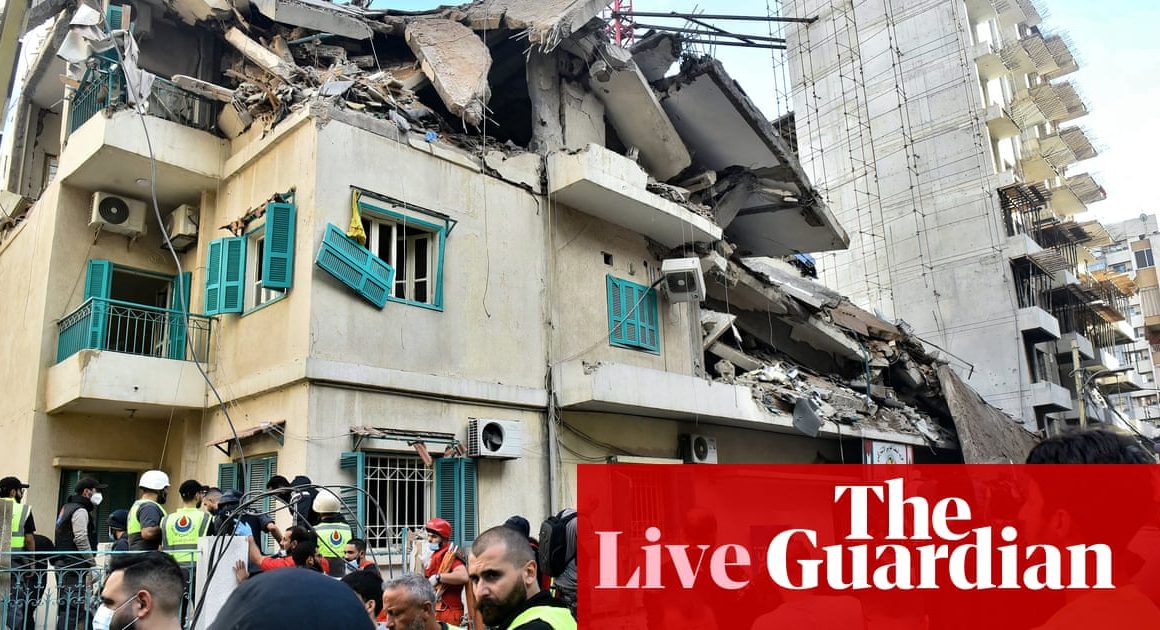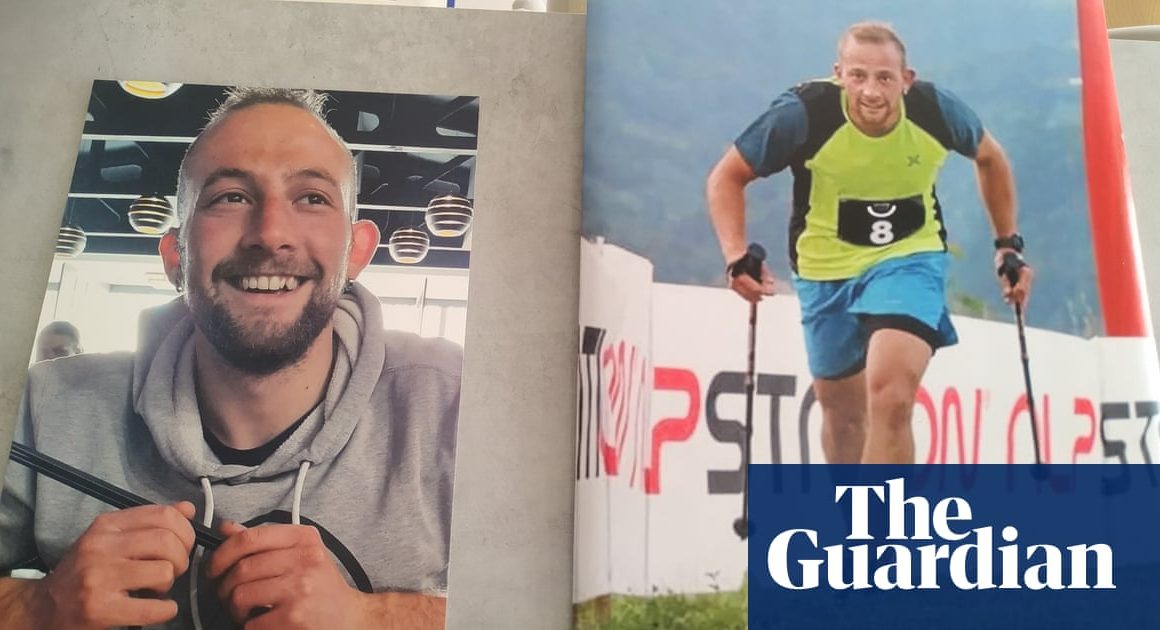The 19-year-old prime suspect in an alleged plot to attack a Taylor Swift concert that led to the cancellation of the singer’s three-night run in Vienna had collected chemicals with the intention of building a bomb, senior Austrian security officials have said.
The Austrian suspect was arrested along with a 17-year-old who recently started working for a services company providing support for the concerts, on suspicion of planning an Islamist attack. A third person, 15, was taken into custody late on Wednesday in connection with the investigation.
Authorities said they had reason to believe one of the Swift concerts was a target. They dismissed media reports that there were still suspects at large.
The 19-year-old suspect intended “either today or tomorrow to kill himself and a large crowd of people”, the head of state protection and intelligence at the Austrian interior ministry, Omar Haijawi-Pirchner, told a news conference. He said the alleged plotter was part of an Islamist network known to police.
Swift, 34, has not yet commented on the cancellations. The Vienna leg of the star’s Eras tour at Ernst Happel stadium on Thursday, Friday and Saturday had been expected to draw more than 170,000 people, with another 20,000 fans gathered outside. Austrian media said there were no plans for the shows to be held at a later date. Fans will receive a refund for their tickets, organisers said.
Austria’s interior minister, Gerhard Karner, told reporters that the 19-year-old, who did not have a Swift concert ticket, had confessed to planning a suicide attack targeting fans outside the stadium, a common sight at Swift’s sold-out shows. In Munich last month tens of thousands of people gathered during a Swift concert in a park near the arena where they could hear, if not see, the star.
“The situation was serious, the situation is serious,” Karner said. “But we can also attest: a tragedy was able to be prevented.”
Karner said chemical substances had been found in a search of the home of the 19-year-old, who had pledged his allegiance to the radical jihadist Islamic State group and posted it on the online messaging app Telegram in early July.
The 19-year-old allegedly stole the TATP chemicals from his former employer, a local metalworking firm, with the aim of building an explosive. He quit the job on 25 July, reportedly saying: “I’m planning something big.”
He also hoarded knives, machetes, blank cartridges, counterfeit money and a police blue flashing light, possibly to gain access to the scene of his planned attack, authorities said.
Karner said the suspect had recently begun wearing his beard long and watching jihadist propaganda videos, from which he also learned how to build a bomb.
“We are of course investigating their wider surroundings,” Austria’s top security chief, Franz Ruf, told ORF radio of the suspects, and confirmed the initial information had come from “foreign services”. He said the final decision to call off the concerts had been made by the organisers.
Ruf said evidence of “concrete preparatory actions” for a possible attack had been found in the home of the 19-year-old in the town of Ternitz near the Hungarian border, including the chemical substances and “technical contraptions”.
The arrest of the suspects “minimised the threat situation from this small group”, he said, but there was still “abstract danger” that security forces were taking seriously.
Police, whose special forces stormed the suspect’s home in the early hours of Wednesday morning, had briefly evacuated about 100 people in the area, including elderly residents of a care home.
The 17-year-old alleged accomplice, who had recently broken up with his girlfriend, was arrested directly near the Ernst Happel stadium. Material from the Islamic State group was found among his belongings and he also appeared ready to die for the plot, Ruf said. He has declined to cooperate with authorities.
after newsletter promotion
The 15-year-old suspect, who is being questioned, confirmed that the 19-year-old had been very interested in detonators. When he asked him why, he was told: “You’ll know soon,” the German daily Bild reported.
US media, citing anonymous sources, reported that the initial tip had come from US intelligence and had been passed on to Austrian authorities and Europol.
The reports said that US investigators had had doubts whether the plan had been viable and whether the plotters had managed to build an explosive device. But the sources told ABC News that chemical substances found by Austrian police pointed to such an intent.
TATP, or triacetone triperoxide, was the explosive used in the 2017 Manchester Arena attack, the 2015 attacks in Paris and the 2016 Brussels attack carried out by Islamic State extremists.
Austria’s chancellor, Karl Nehammer, said in a post on X that the cancellation of the concerts was “a bitter disappointment for all fans in Austria”.
“The situation surrounding the apparently planned terror attack in Vienna was very serious,” he wrote, adding that thanks to intensive cooperation between police, Austrian and foreign intelligence, “the threat could be recognised early on, tackled and a tragedy prevented”.
Austria has been on high alert since the 7 October Hamas attacks in Israel, when it lifted its warning level to four, the second highest.
Johanna Mikl-Leitner, the governor of Lower Austria where the suspect lived, said Swift, as a global popstar and role model for young women and girls, “symbolises our western values, and these have been attacked”. She said the cancellation of the concerts was “understandable but also a success for radical Islamists”.
Swift is due to play five sold-out dates at London’s Wembley stadium from next Thursday. Diana Johnson, the UK’s policing minister, told LBC radio there had been no reports of “anything of note” regarding those shows and said Scotland Yard would be assessing any potential threats.
She said: “Clearly the police will be looking at all the intelligence and making decisions; they risk-assess every event that happens in this country.”
The tour is scheduled to run until December.












